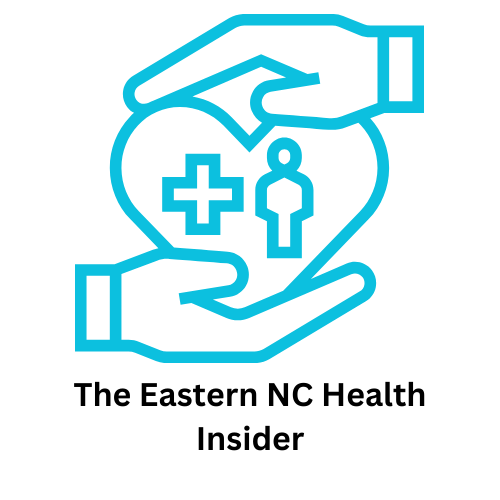
The Urgency of Protecting Medicaid in North Carolina
In a landscape abundant with health care challenges, North Carolina stands at a critical juncture for its Medicaid program. Recent proposals by federal lawmakers have sparked fervent discussions among North Carolinians regarding the protection of Medicaid benefits, impacting vulnerable populations who depend on these services for essential health care. Concerned citizens – from health care professionals to parents – have rallied to safeguard what they see as a vital lifeline. This collective action underscores the community's recognition of Medicaid's role amidst growing anxiety over potential funding cuts.
Why Medicaid Matters: A Closer Look
The Medicaid program not only serves as a health safety net for low-income individuals and families but also plays a critical role in supporting overall community health. In North Carolina, Medicaid provides coverage for approximately 2 million residents, ensuring access to necessary services such as mental health care, preventive screenings, and chronic illness management. Without it, many families could face insurmountable obstacles to receiving basic health care, exacerbating health disparities already prevalent in underserved areas.
Community Voices: Testimonials That Matter
The voices of those affected by Medicaid cuts are powerful. A local mother shared her story of anxiety and fear regarding her child's health, emphasizing how Medicaid provides vital access to pediatric care. By sharing personal narratives, advocates are able to humanize the implications of policy changes, making the need for opposition more compelling. The conversations surrounding Medicaid are increasingly seen as a conversation about community welfare, rather than a political agenda.
Historical Context: How We Got Here
Understanding the current climate requires a look back at the evolution of Medicaid in North Carolina. Established in the 1960s, Medicaid has evolved to meet the changing needs of the population. Past legislative efforts aiming to expand coverage and enhance access illustrate the ongoing struggle to ensure that state programs align with federal guidelines while prioritizing the well-being of its residents. The tension between state and federal approaches to health care funding persists, contributing to the urgency of defending Medicaid against proposed cuts.
Future Implications: The Stakes Are High
Looking ahead, the implications of potential Medicaid cuts are alarming. Studies indicate that reductions in funding could lead to increased rates of uncompensated care for hospitals and higher premiums for families with private insurance. Additionally, experts warn that elimination of these services could hinder efforts to combat chronic diseases, which play a significant role in overall public health and economic viability.
Taking Action: What Can You Do?
Community action is vital in the fight to protect Medicaid. Individuals can make their voices heard through advocacy. Connect with local representatives to express concerns, educate peers on the importance of Medicaid, and participate in community forums dedicated to health care access. Grassroots movements driven by passionate citizens can indeed create ripples of change in policy.
Conclusion: Empowering Voices for Change
As North Carolinians come together to advocate for their rights, their stories and actions represent a microcosm of the larger fight for health equity across the nation. The necessity of protecting Medicaid from federal cuts should resonate with everyone, regardless of income or political affiliation. By staying informed, involved, and vocal, citizens can uphold the values of accessible health care for every resident. The time is now to ensure that Medicaid remains functional and solvent for future generations.
 Add Row
Add Row  Add
Add 




Write A Comment